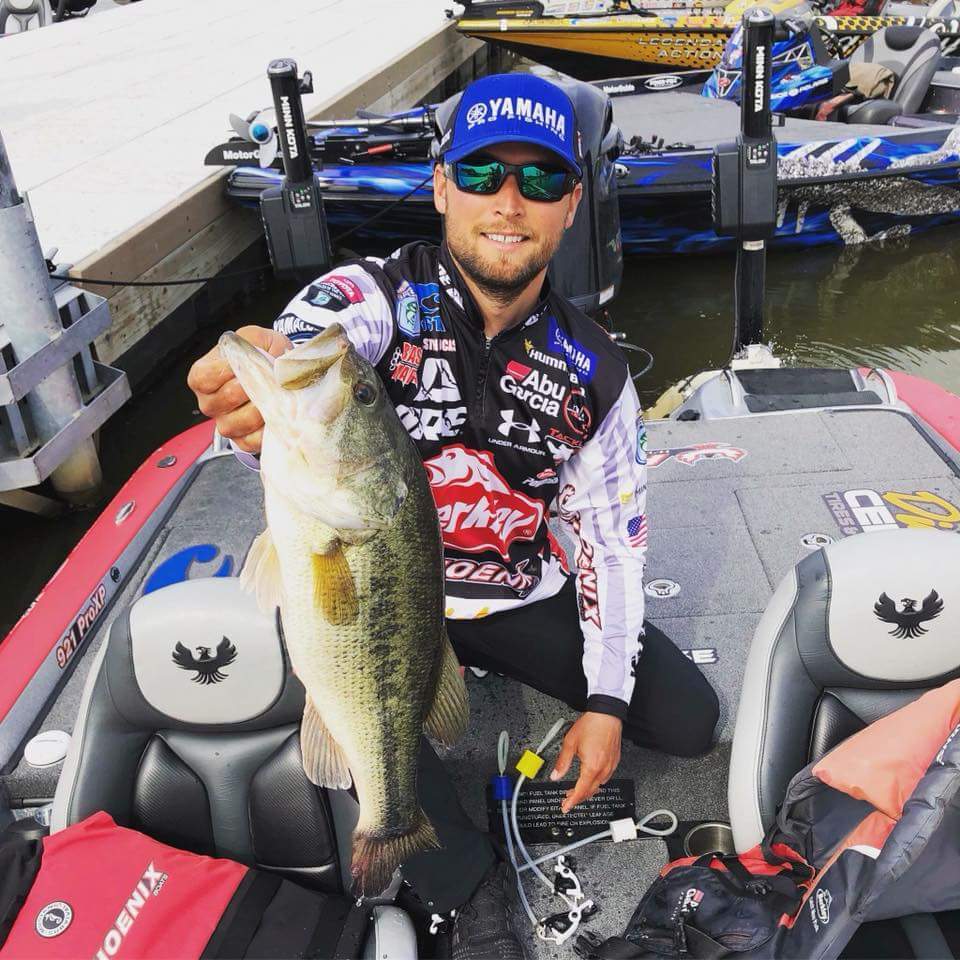The Dog Days and Fish Care
[print_link]
The dog days of summer are here for sure. Days where the humidity is well above 100 and the sweat pours freely. And the heat inside the livewell of your boat can become an oven, killing those precious bass that we spend hours finding and trying to keep alive. The old question is, what can we do to help keep them alive. There are plenty of options out there, but what works best?
For us weekend warriors who fish small club tournaments, it comes down to the old tried and true methods. Ice is the basic agent that we use. But how do we use it. A lot of anglers will either pull it out of our own refrigerator or stop at the store and buy a bag or two. While these are great options, we are taking fresh water, some of it processed or treated, and adding it to the water from the body of water we are fishing. Some will take the tap water and freeze it in plastic water bottles, tossing them in as needed. This method helps keep the flow of water more natural to what they are in as the water we take from home never mixes with the lake or river water. But we still can lose fish.
The addition of additives to the water is another means of fish care, but what do we know about them? How safe are they? When we release the fish after the tournament, we do not know what happens. Will that fish be caught by another angler who keeps the fish for their family meal? It happens and I am not against someone having food on their table. But that is a touchy subject for many. A lot of ponds, lakes, and rivers still need management practices to keep them healthy, and the harvesting of some bass is a good practice. But what effect do the products we use have on those fish and human consumption?
One thing that is important in any fish care according to Aaron Martens is taking care of your livewell. It must be working properly to give the fish the best opportunity to survive. Cleaning the livewell after every trip is a must.To clean his, according to Aaron, “I take a little minnow net, like the kind you can get at the local pet store for catching goldfish, and I kind of sweep the inside of my livewell. By the time I”m done, that little goldfish net is almost halfway full of stuff like scales and debris that the fish either spit up or poop out.” he says that he thinks that “this alone can help improve your livewell’s water quality by up to 90 percent.” When was the last time you cleaned your livewell?

He also believes that it’s super important to have the fresh water coming in from the top of the livewell, dropping into the water from above the waterline. He likes for it to “give your fish a little waterfall. A waterfall can help agitate the surface and aerate very efficiently.” You may have to make some adjustments to your livewell’s plumbing in order to change it from pushing water in below the water line to above it, but its not that difficult. Oxygenation of livewell water may be one of the best ways to help during the hot summer tournament season.
Another option is venting of the gases that build up in the livewell. Some livewells may have a venting system built in, but we can do our part. There are products that you can put in the lid of the livewell that will allow the gases to escape. You may need to check with the manufacturer of your livewell to be sure if it has a built in means to vent the gases, but well worth the effort.
Another trick to keeping your fish calm so they can survive is a little trick of adding a couple sponges to the livewell. Just ordinary sponges you can buy at any store. What it does is give the fish the illusion of a semi hiding place. It is like having floating lily pads in your livewell for them to hide under.
Another tip is to be aware of the water depth and temperature that you caught your fish at. If the fish was caught in 75 degree water at 15 feet deep, then you can’t expect them to stay healthy if you put them in an 85 degree water temperature livewell. The deeper you catch them also presents its own issues. There are two ways to combat deep caught bass. One is fizzing the swim bladder, but you need to make sure you know what you are doing and it requires a special tool. The second is to attach a weight to the bottom lip to allow the fish to remain upright while it adjusts to the depth change.
Another item to consider is care when we catch them. For those that use a net, a rubber net is much better for the fish. It doesn’t rub the slime coat off the bass and there is less chance of hurting the fish. Another is by not allowing the bass to land on the carpet of the boat. This is another way that the slime coat can get rubbed off, This also can help cut down on the possibility of infections and parasites from the slime coat being gone.
No matter what we decide to do, we must be aware that fish care is super important. Do your homework on any additives you may use, whether it is a natural solution or a product that is man made. And keep those fish healthy for future generations.



